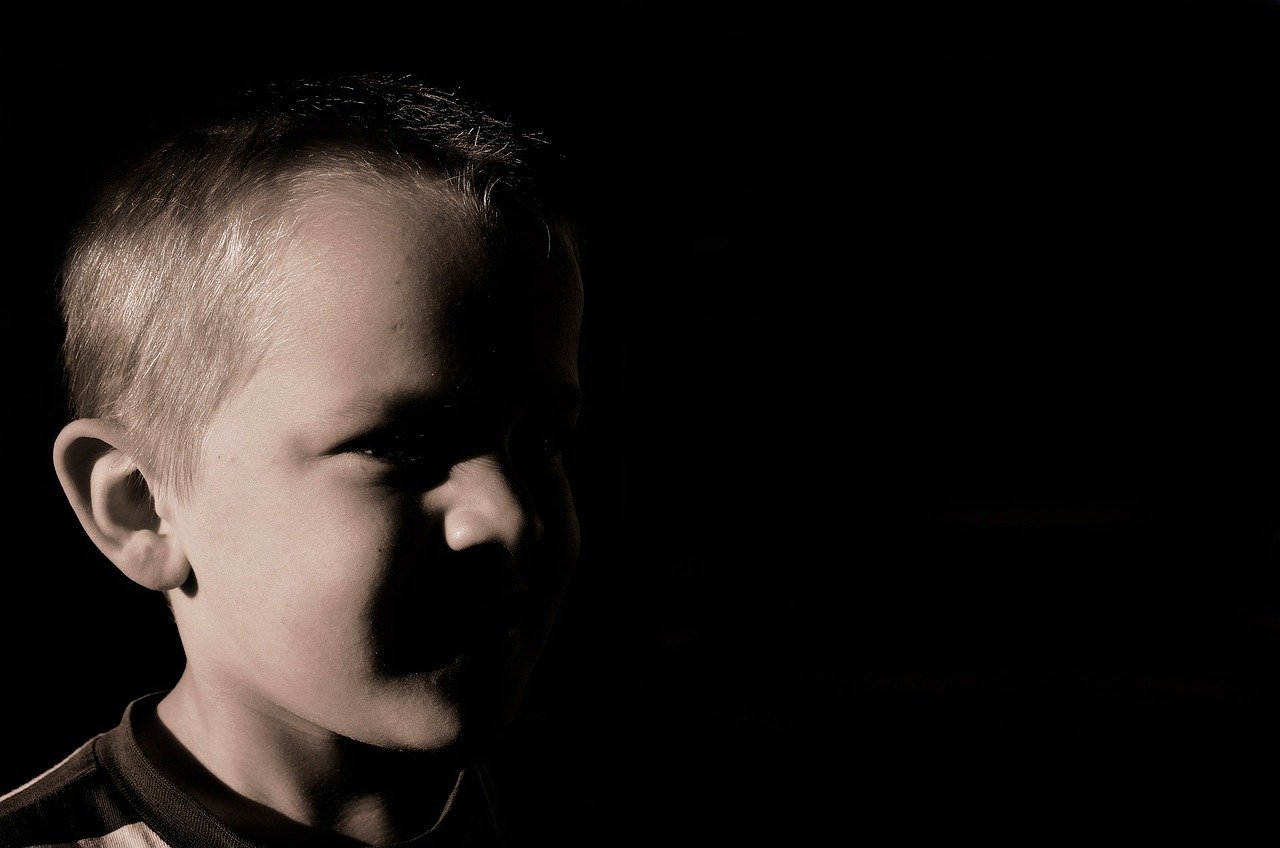Sexual abuse is all too prevalent in our society. According to the Rape, Abuse & Incest National Network (RAINN), an American is sexually assaulted every 68 seconds. One out of every six women has been raped or has been the victim of attempted rape, while about three percent of men have suffered the same fate.
The problem of sexual abuse is especially glaring among children. More than 60,000 children annually are victims of sexual abuse, and just over a third of these are under the age of 12.
[table-of-content]
Effects of Sexual Abuse on the Victim
Sexual abuse has lasting impacts on the victim. These include:
- Depression. This is a common emotional and psychological reaction.
- Eating disorder. Anorexia, bulimia, or binge-eating disorder may afflict the victim.
- Panic attacks. These often happen to a person who has experienced severe trauma.
 Post-traumatic stress disorder. PTSD and other difficulties coping with the everyday challenges of life often accompany sexual abuse.
Post-traumatic stress disorder. PTSD and other difficulties coping with the everyday challenges of life often accompany sexual abuse.- Self-injury. Self-harm, and even thoughts of suicide, are a danger to watch for after a sexual assault.
- Sexually transmitted diseases. This is a significant risk when rape occurs.
- Sleep trouble. Difficulty falling asleep and tiredness during the day often happens in the aftermath.
- Substance abuse. This danger presents a temptation to those suffering from depression, PTSD, or other emotional issues.
Where Sexual Abuse Occurs
People are sexually abused everywhere. However, about 55 percent of the time, the victim is at or near their home. Other significant locations are at institutions such as:
- College campuses. About 13 percent of all students on campus are raped or otherwise sexually assaulted. This estimate is likely substantially low because it’s estimated that only 20 percent of female student victims report sexual abuse to law enforcement.
- Daycare. The tragic irony of this sexual abuse is that occurs at daycare – where parents leave their children and think they will be safe.
 K-12. According to one federally-funded study, 10 percent of students in school will suffer sexual misconduct by a school employee. This is an alarmingly high number.
K-12. According to one federally-funded study, 10 percent of students in school will suffer sexual misconduct by a school employee. This is an alarmingly high number.- Nursing homes. Many of our vulnerable loved ones are entrusted to the care of nursing homes, so it is devastating to know that sexual abuse occurs in these facilities.
- Psychiatric treatment facilities. The intent of these institutions is to help patients cope with their mental and emotional challenges. Unfortunately, many patients suffer sexual abuse and therefore have additional mental health issues to face.
- Religious institutions. Sexual abuse of minors by clergy members is a chronic problem. It is made worse by the historical reluctance of some religions to report the abuse to authorities.
- Ridesharing companies. Drivers for companies like Uber or Lyft sexually assault their passengers. In one study, Uber received almost 6,000 complaints of sexual misconduct by its drivers during a two-year period.
- Youth sports leagues. These leagues teach children the value of teamwork and enhance their physical well-being. Unfortunately, coaches and older athletes often take advantage of the situation and sexually abuse young athletes.
If I am a Victim of Sexual Assault, Who Can I Sue?
You can often sue the perpetrator. If the abuse occurred at an institution, you may be able to sue that institution.
What Type of Lawsuit Can I File?
The legal theory of your lawsuit depends on whether you’re suing the perpetrator or an institution.
Perpetrator
There are many tort claims available if you’ve been sexually abused. A tort claim involves the victim (the plaintiff) accusing the abuser (the defendant) of engaging in wrongful conduct, with the plaintiff demanding compensation for the defendant’s misconduct. There are many torts possible, including battery, assault, false imprisonment, intentional infliction of emotional distress, and invasion of privacy.
While it may seem like common sense to sue the perpetrator of the crime, it may not be worth it. Many abusers won’t have sufficient personal assets to pay the compensation you may be owed.
Institution
 You may be able to sue the institution if one of its employees sexually abused you. One legal theory available is negligent supervision. While the details vary from state to state, generally, these four elements must be proven:
You may be able to sue the institution if one of its employees sexually abused you. One legal theory available is negligent supervision. While the details vary from state to state, generally, these four elements must be proven:
- The employee was unfit to perform their duties;
- The institution knew or should have known about the employee’s unfitness and that it could create a risk of harm to others;
- The employee’s unfitness caused harm to the victim; and
- The victim of the sexual abuse suffered damages.
A common example of where an institution may be found liable is if its response to previous complaints about an employee is not adequate.
How Long Do I Have to File a Lawsuit?
States have statutes of limitations. These place a limit on the length of time after the abuse occurred that you can file a lawsuit. Some states have a short statute of limitations – two or three years. Others, however, have recently significantly extended the period of time or abolished the statute. For example, Florida recently eliminated the statute of limitations for victims of sexual abuse under the age of 16.
The law of statutes of limitations is complicated, and time may be running out. Don’t hesitate to contact a sexual abuse lawyer today so that they can determine how much longer you have to file a claim.
How Much Compensation Can I Receive?
 There is no single number that represents the amount of compensation you could receive in a sexual abuse lawsuit. It depends on the facts and circumstances of the case, the severity of the conduct and injuries, and the type of defense presented by the institution. A sexual abuse lawyer can review the specifics of your case and discuss compensation possibilities with you.
There is no single number that represents the amount of compensation you could receive in a sexual abuse lawsuit. It depends on the facts and circumstances of the case, the severity of the conduct and injuries, and the type of defense presented by the institution. A sexual abuse lawyer can review the specifics of your case and discuss compensation possibilities with you.
What Damages Can I Receive Compensation For?
Victims of sexual abuse that prove their claim may receive compensation for medical expenses and lost wages. They may also receive money for the pain and suffering associated with the abuse. In some cases, if the defendant acted with conscious disregard for your safety, you may also be eligible for punitive damages. Instead of being intended to compensate you, they are designed to punish the defendant.
Sexual Abuse Attorneys
Lawyers specializing in sexual abuse are available to represent you if you’ve been sexually mistreated. But don’t wait – the statute of limitations may be coming to an end in your state – so consult our sexual abuse attorney today.


